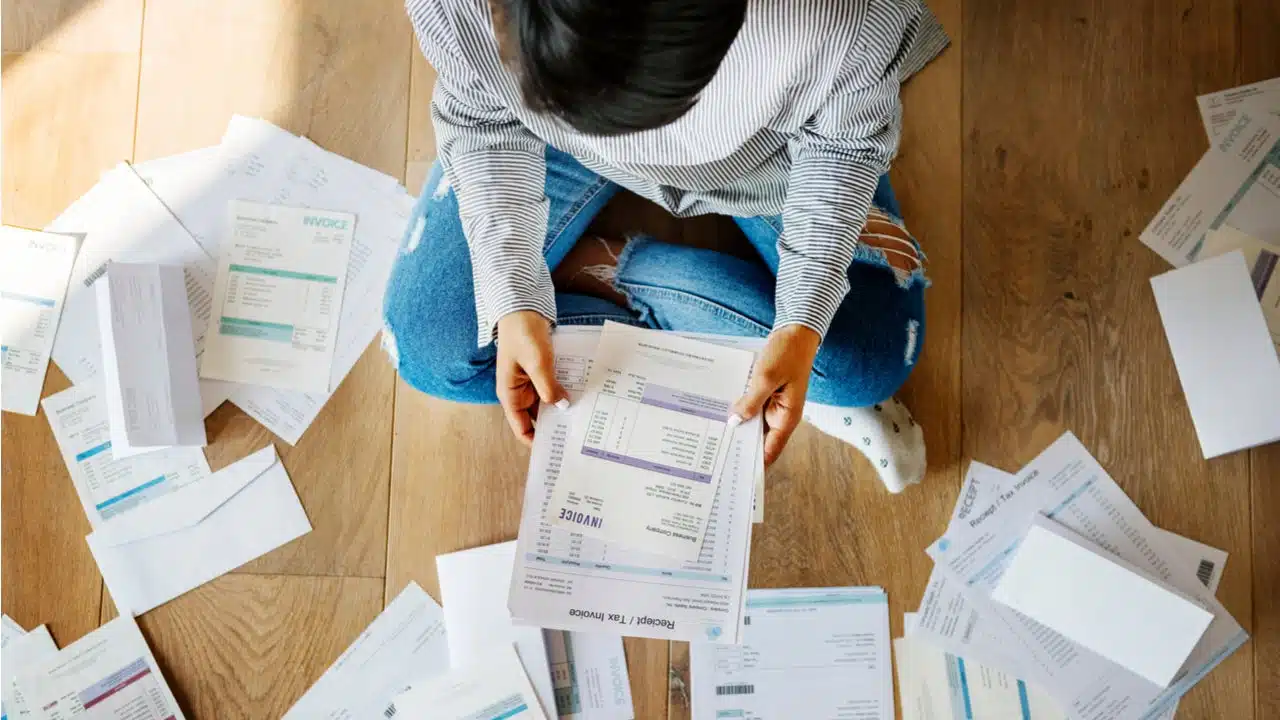If you’re in the throes of debt and feeling overwhelmed, don’t despair. With the right strategies, you can take control of your finances and start making progress towards financial freedom. One popular way to get back on track is through debt consolidation, an effective tool that can help reduce multiple payments into one easy-to-manage payment plan. In this blog post, we will cover some basic tips for managing your debt with consolidation so you can work toward becoming more financially stable. Read on to learn about payment plans, budgeting considerations, and other key points to consider as you embark on your journey out of debt!
Understand the basics of debt consolidation and its benefits
Debt consolidation has become a popular solution for those burdened by multiple debts. Essentially, it involves combining all your debts into a single loan with a lower interest rate, making it easier to manage your finances. With a structured repayment plan, you can avoid missed payments and late fees that can harm your credit score. But that’s not all―debt consolidation often means lower monthly payments, freeing up some much-needed breathing room in your budget. With all debts consolidated, you’ll have a clear view of your financial situation and be able to plan for the future with confidence. Read a Sagemore Financial review or that of a similar company to find out more about your options. If you’re unsure about the best path forward, reach out to a financial advisor for personalized advice.
Identify your goals in consolidating your debts
Debt consolidation isn’t just a fancy financial buzzword – it’s a strategic move for those wanting to make their finances work for them. Depending on your situation, consolidating your debts may lead to you paying lower interest rates, having a lower monthly payment, or simply streamlining your payments to make them more manageable. Whatever your reason may be, it’s important to identify your goals before making the move to consolidate your debts. Are you looking to pay off your debts sooner, or just have a more organized payment plan? By knowing what you want to achieve, you can tailor your consolidation efforts to suit your needs and ultimately achieve financial freedom.
Research different debt consolidation options and their associated costs
Debt can be a burden that many of us find difficult to shake off. If you find yourself grappling with multiple loans and credit cards, then debt consolidation might be a viable option to consider. However, before jumping on board with any debt consolidation plan, it’s important to research different options and compare their associated costs. Consolidation loans, balance transfers, and credit counseling programs are just some of the alternatives you can explore. It’s also important to factor in any hidden fees or interest rates that might apply. By taking the time to understand your options, you can make an informed decision and take the first step toward achieving financial freedom.
Create a plan to pay off the debt consolidation loan within the desired timeline
Paying off debt can be a daunting task, but creating a solid plan can help make it achievable. With a debt consolidation loan, you have already taken a step in the right direction. Now it’s time to put a plan into action. Start by reviewing your current expenses and identifying areas where you can cut back. Then, set a realistic timeline for paying off the loan, taking into account your monthly income and other financial obligations. Consider increasing your income through side hustles or seeking a higher-paying job. And don’t forget to celebrate your progress along the way! With dedication and a clear plan, you can successfully pay off your debt consolidation loan within your desired timeline. In addition, you’ll have learned valuable budgeting skills that can help you avoid debt in the future.
In conclusion, understanding debt consolidation and its associated benefits is key to determining if it is the right financial option for your lifestyle. After outlining your goals and assessing your various debt consolidation options, you will need to research each one thoroughly in order to make an educated decision that fits your budget and financial aim. The next step in the process is negotiating with creditors for better terms or a reduced interest rate, followed by actually consolidating your debts with a loan or balance transfer card. From there, creating a plan that allows you to pay off the loan within the desired timeline is essential for achieving success in all areas. Lastly, continuing to monitor changes in your financial situation and adjusting your plans accordingly is necessary to maintaining healthy credit and overall financial wellness. Taking these steps can help lead you closer to becoming debt-free! Start taking action on your debt today and begin your journey towards financial health & stability.
Lucas Noah, armed with a Bachelor’s degree in Information & Technology, stands as a prominent figure in the realm of tech journalism. Currently holding the position of Senior Admin, Lucas contributes his expertise to two esteemed companies: OceanaExpress LLC and CreativeOutrank LLC. His... Read more
